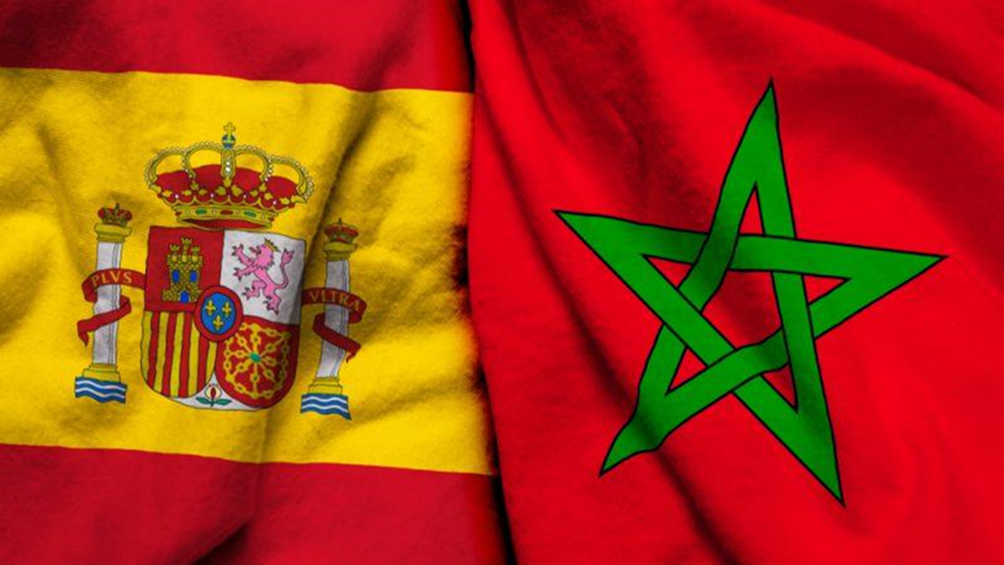
by Veronica Stassi
Ceuta and Melilla’s fortification against the common narrative of “borderless Europe”?
The two Spanish maritime enclaves in North Africa, Ceuta and Melilla, were initially fortified in the mid-1990s when the dominant narrative in Europe – ushered in by the fall of the Berlin Wall – promoted a “borderless” society. This clear contradiction drove many experts to consider these two cities as examples of a growing “re-bordering” process and, consequently, to picture them as a “fortress” at the gates of Europe.
The primary aim of fortifying Ceuta and Melilla was to prevent migrants’ irregular entry from Morocco, the country surrounding them that claims the sovereignty on both territories. Nevertheless, after the eruption of some major migratory crises both in 1993 and 1995, Spain started to fear that these emergencies could also lead to a sovereignty issue, thus threatening the status quo.
However, the sealing of borders with a wired fence did not work as planned since thousands of migrants kept entering the Spanish enclaves irregularly. Thus, the sophistication of migrants’ entry strategies caused a growing militarization of the area.
The entire border issue guaranteed Rabat’s collaboration in return for EU funds directed at protecting the border. Over the years, however, the importance of Ceuta and Melilla diminished, to the point that now Frontex does no longer consider it as the “main migratory route into the EU”.
Old and new problems: a “phone hacking scandal” and Spain’s foreign policy twist
Spain and Morocco’s relations over Ceuta and Melilla have not been easy in the past years. However, a major strain happened when, in April 2021, Madrid allowed Brahim Ghali to be treated for Covid-19 in Spain. Ghali, the Western Sahara’s pro-independence Polisario Front leader, was even accused of war crimes by the Moroccan government for his political ideas. While he is an advocate for a UN-supervised referendum on Western Sahara’s self-determination, Morocco calls for an autonomous Western Sahara under Rabat’s sovereignty. Following Spain’s action, a crisis erupted. Instead of limiting the surge as set out in the agreements, Morocco decided to weaponize young Moroccan men and allow migrants’ boats to reach the Canary Islands. In May 2021, another scandal followed, when it came out that Morocco had been hacking Spanish Prime Minister Sanchez’s phone through Israel-developed Pegasus system. As Ali Lmrabet suggests, it seems that “Morocco’s intelligence services likely found something within the almost 3 gigabytes of data siphoned from Sánchez’s phone”.
Following Morocco’s angry reaction, Spain invested time and resources to try to reconcile with this country, even abandoning its long-lasting formal neutrality towards the Western Sahara dispute to get closer to the Moroccan stances. This U-turn shows that Morocco knew how to use its political leverage, especially after the phone-hacking scandal; as for Madrid, it accepted such a “blackmail” without considering all the levers it had against Rabat.
Now, a year after the end of their diplomatic relations, Madrid and Rabat seem to enter a renewed stage of their bilateral relations, thanks to the well-received change in Spanish foreign policy. Because of that, also the migrants’ arrivals to the Canary Islands decreased.
It is undeniable that the Covid-19 pandemic has had a quite significant bearing on the evolution of the situation between Spain and Morocco. If Ghali’s hospitalization in Spain last year ignited controversy and brought the issue of Western Sahara back into the spotlight, it also influenced border management. The pandemic made it even more difficult for the Moroccan population to enter the two Spanish territories and complicated procedures by requiring more documents concerning health status, according to a member of the Spanish Government Delegation “the border will no longer be the same as before”.
The blame game: allegations without constructiveness
While Sanchez blamed the mafias for the events of June 24, the crisis unleashed in Melilla was nothing more than a predictable consequence of the militarization and “outsourcing” of border security to Morocco. And Morocco, for its part, has been using border control as a weapon against Spain for more than a year, especially following Ghali’s hospitalization. In fact, it is not by chance that migrant landings have drastically decreased in the Canary Islands following Madrid’s change in foreign policy.
On the other hand, important NGOs have observed that the Melilla’s crisis is yet another demonstration of how European countries manage their critical borders, namely those often used by migrants from Africa. Spain has followed an already widely present trend among European countries, consisting in delegating and outsourcing border defence to third southern countries, with their complicity. What’s more, Sanchez congratulated the Moroccan police following the incursions in Melilla on how they handled the situation, which is quite troubling given the excessive use of force involved.
Even if they were meant to protect Spain’s sovereignty, the fortification of the two Spanish overseas territories, as well as the EU’s only borders in Africa, has proven not to work. The recent crisis in Melilla can be attributed to the migration policies that Spain has adopted, following an already prevalent trend in EU countries bordering non-member states, which consist in outsourcing their security.
Morocco has shown that it knows how to put Spain under pressure, whereas Madrid has not done the same. This has let Morocco acquire EU funds to manage the borders (and migrants), and indirectly allowed that it could exploit the lives of migrants.
